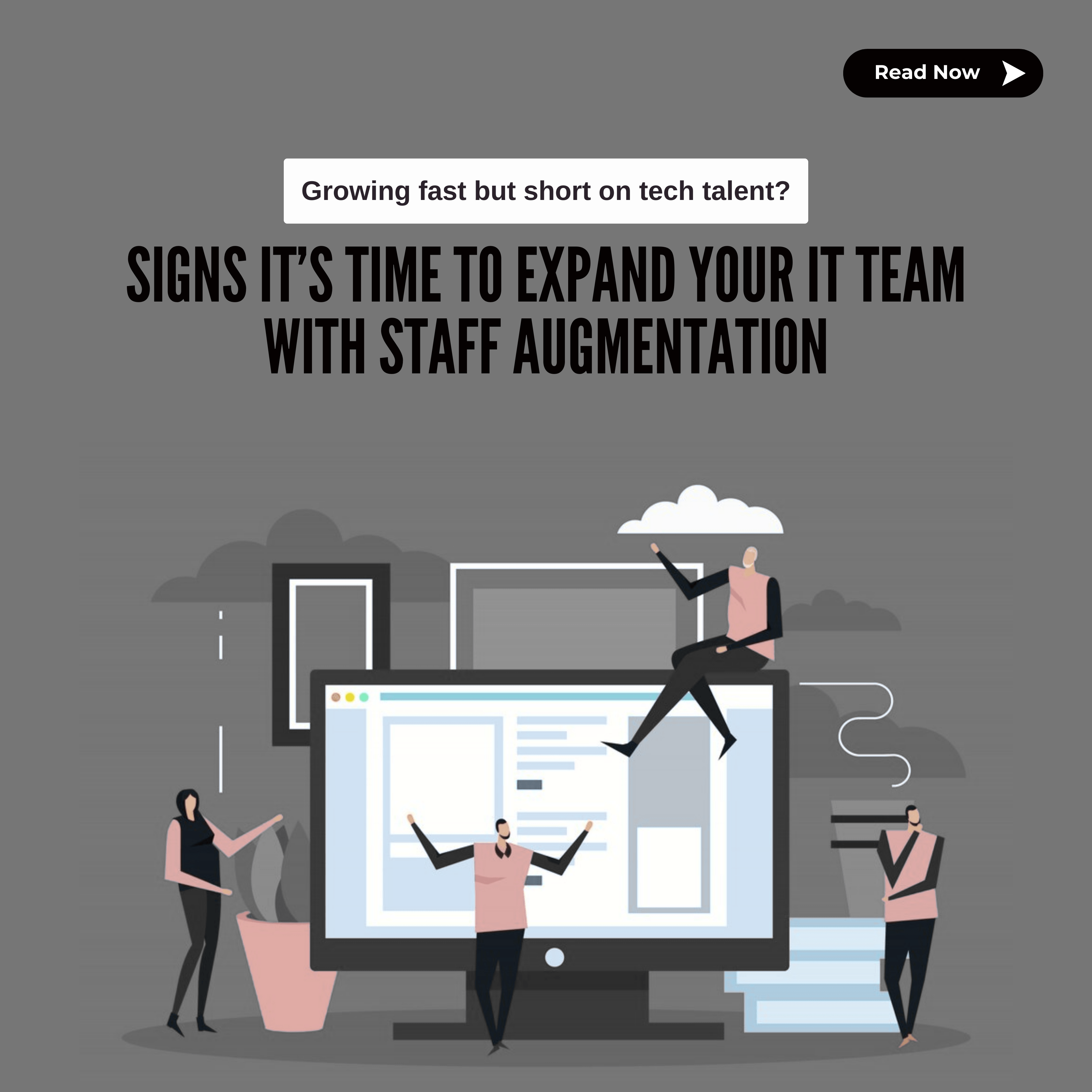Artificial Intelligence (AI) is no longer a concept from science fiction: it is now a powerful force shaping our world. The rise of AI has been nothing short of extraordinary, with transformative impacts across various industries and our daily lives. In this blog post, we will explore the incredible journey of AI, its status, and the ways it is changing the landscape of technology and beyond.

The Evolution of AI
AI has come a long way since its inception in the mid-20th century. It has evolved from a simple rule-based system to the advanced, machine learning driven AI we see today. The development of AI technologies has been driven by significant advancements in computing power, data availability, and innovative algorithms.
Key Milestones in AI’s Rise
- Machine Learning: Machine learning, a subset of AI, has seen considerable progress. With the advent of deep learning and neural networks, machines can now recognize patterns and make predictions with remarkable accuracy.
- Natural Language Processing: AI-powered language models have reached a level of sophistication that allows them to generate human-like text and understand context and sentiment. With these advances, more and more people believe that it’s okay for AI to write their responses to colleagues, including 82% of business leaders.
- Computer Vision: AI is enabling machines to “see” and understand visual data, leading to advancements in facial recognition, autonomous vehicles, and medical image analysis.
- Robotics: AI-driven robots are becoming increasingly common, revolutionizing industries like manufacturing, healthcare, and agriculture.
AI Across Industries
The rise of AI has had a profound impact on multiple sectors, including:
- Healthcare: AI is being used for medical image analysis, drug discovery, personalized treatment plans, and patient diagnostics, resulting in better patient care.
- Finance: AI-powered algorithms analyze financial data, detect fraudulent transactions, optimize trading strategies, increase efficiency, and reduce risks.
- Retail: AI is improving customer experiences through personalized recommendations, inventory management, and cashier-less stores.
- Transportation: Autonomous vehicles are on the horizon, promising safer, more efficient transportation systems.
- Education: AI is revolutionizing education with personalized learning experiences, intelligent tutoring systems, and automated grading.
- Environmental Sustainability: AI is helping address climate change by optimizing energy consumption, predicting natural disasters, and monitoring wildlife conservation efforts.
The Challenges and Ethical Considerations
As AI continues to rise, there are several challenges and ethical considerations to address, including data privacy, algorithmic bias, and job displacement. It is critical to establish regulations and ethical guidelines to ensure AI’s responsible and equitable use, especially with over 75% of consumers being concerned about misinformation from AI.
The Future of AI
The future of AI is brimming with possibilities. Researchers are working on creating more advanced AI systems, including those that can understand and replicate human emotions. AI will continue to transform industries, create new job opportunities, and solve complex problems. However, it does not come without its fair share of problems. MIT has stated that AI language training emits as much as five cars throughout their lifetimes.
Conclusion
The rise of AI is a transformative force that is reshaping our world. From healthcare to finance, education to transportation, AI is making its presence felt across every sector. With continuous innovation and ethical considerations, we can harness the power of AI to improve our lives and drive progress in ways we might not have imagined just a few decades ago. As we embark on this AI-driven journey, it is essential to remain mindful of the ethical and societal implications to ensure that AI benefits all of humanity.
RELATED Articles
Your business is growing. That’s the good news. But as your user
As companies navigate a data-driven world, having quick, real-time insights is important
Scaling Quickly? Here’s When You Need Staff Augmentation to Keep Up The
Your Website Might Be Doing More Harm Than Good The Difference Between
Real-Time Reporting: Why Timing Matters More Than Ever Organized Data Leads to
What’s Next in Software Development? In 2025, software development continues to change






